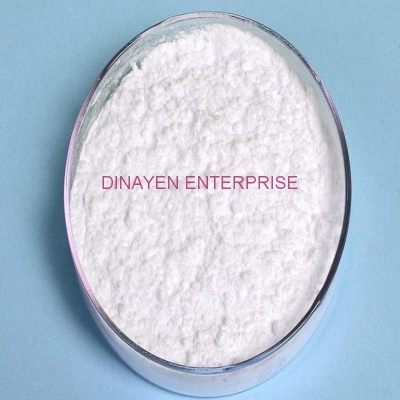-
Categories
-
Pharmaceutical Intermediates
-
Active Pharmaceutical Ingredients
-
Food Additives
- Industrial Coatings
- Agrochemicals
- Dyes and Pigments
- Surfactant
- Flavors and Fragrances
- Chemical Reagents
- Catalyst and Auxiliary
- Natural Products
- Inorganic Chemistry
-
Organic Chemistry
-
Biochemical Engineering
- Analytical Chemistry
- Cosmetic Ingredient
-
Pharmaceutical Intermediates
Promotion
ECHEMI Mall
Wholesale
Weekly Price
Exhibition
News
-
Trade Service
Stroke has many causes
Elevated triglyceride levels are thought to lead to hardening of the arteries, increasing the risk of heart attack, heart attack and stroke
"Our study shows that elevated blood triglyceride levels in a person with atherothrombotic stroke is another risk factor for stroke or other cardiovascular disease in the future, and what we found is true, even if this person is on statin therapy, said study author Takao Hoshino, MD, of Tokyo Women's Medical University in Japan
The study looked at 870 people who had a stroke or transient ischemic attack
A year later, the researchers followed the participants to see if there was a link between high triglyceride levels and another stroke, acute coronary syndrome (any disease caused by a sudden reduction in blood supply to the heart or death from a vascular cause) There is a connection
After adjusting for factors such as cholesterol levels and statin use, the researchers found that people with high triglyceride levels had a 21 percent increased one-year risk of death, stroke or heart disease, while those with low triglyceride levels had an increased one-year risk.
When the researchers looked specifically at those who had a second stroke after an atherothrombotic stroke, they found that 14 (12%) of 114 people with normal triglyceride levels had a stroke during the study period, compared with Thirty-three (16 percent) of the 217 people with elevated triglyceride levels experienced a stroke
Among patients with acute coronary syndrome, 1 in 114 (0.
Hoshino noted that the study did not find a link between high triglyceride levels and future cardiovascular problems in people with different types of cardiogenic stroke
"More research is needed, but for those with atherothrombotic stroke, triglyceride levels may be a key target for preventing future strokes and other cardiovascular problems," Hoshino said
The study did not prove that lowering high triglyceride levels prevented later cardiovascular problems in patients with atherothrombotic stroke; it only showed an association
One limitation of the study was that the researchers only considered the participants' fasting triglyceride levels
Learn more about stroke at BrainandLife.
When you post about this research on social media, we encourage you to use the hashtags #neurology and #ascience
The American Academy of Neurology is the world's largest association of neurologists and neuroscience professionals, with more than 38,000 members
article title
Prognostic Role of Hypertriglyceridemia in Patients With Stroke of Atherothromotic Origin







